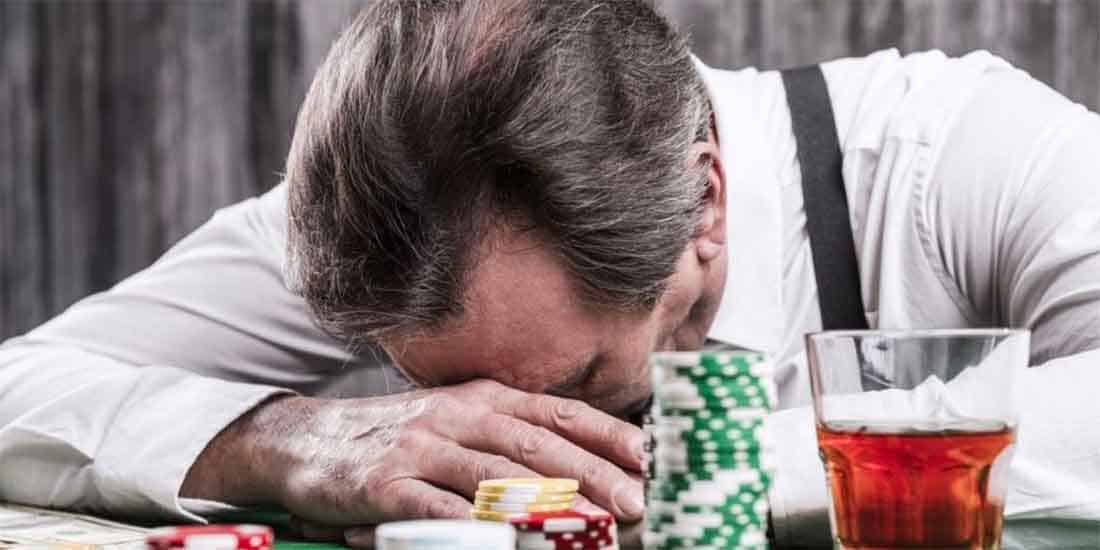With most things in life, the key to success and enjoyment is moderation. Individuals with addiction problems or addiction prone personalities do not tend to operate in moderation in some aspect of their lives, often times the lack of self control is apparent in multiple aspects of their lives and not just one sole addiction.
Gambling addiction refers to problem gambling, and is often referred to as ‘pathological’ gambling or ‘compulsive’ gambling. Problem gambling is characterized by patterns of gambling behavior which cause harm, disruption, or compromise to an individual’s personal, vocation, or family endeavors.
Symptoms of problem gambling include:
- An increasing preoccupation with gambling activity.
- The need to wager more and more money more often to achieve enjoyment with gambling activity.
- Irritability and/or restlessness when attempting to stop.
- Chasing one’s losses uncontrollably in spite of negative, serious, and mounting consequences.
Serious cases of problem gambling can result in legal problems, tremendous loss in family or career situations, or financial ruin. These are all stressors which can lead to devastation, hopelessness, and even suicidal thoughts.
Causes for problem gambling vary by person, and nobody is completely exempt from the potential risk. Many responsible and intelligent individuals have found themselves with gambling problems as a results of stress factors that pushed them to behave out of character. Gambling addictions and problems are no respecter of persons, and anybody who does not endeavor to enjoy gambling entertainment responsibly can end up facing their own gambling problems.
Research shows that genetic tendencies, environmental factors, upbringing, and existing mental or emotional disorders can all contribute to gambling addictions and problems. Approximately 80% of all adults have participated in some type of gambling some time in their lives, and approximately 1% – 2% of those individuals develop a gambling problem. Most adults are able to participate responsibly and successfully.
The NCPG (National Council on Problem Gambling) has clearly stated that casinos and gambling opportunities do not cause gambling addictions. While it is their responsibility to have policies and procedures in place to provide the safest gambling environment possible, it is an individual’s responsibility to manage their behavior.
Blaming gambling establishments and operations for an individual’s behavior is not realistic and does not promote personal responsibility, which never leads to successful recover for afflicted gamblers. Chances are that a problem gambler has demonstrated self-control issues in several components of their life, and recovery from compulsive gambling will improve their coping skills in multiple areas.
Anyone who finds that they are beginning to show the above signs of problem gambling should immediately see help. Catching any problems early will avoid the more serious consequences of compulsive gambling and ensure the fastest and most successful recovery. It is important to know that there is some very good help and support for people who suffer from compulsive, pathological, or problem gambling.
There are two primary resources that we recommend: Gamblers Anonymous and the National Council on Problem Gambling. Both of these organizations are dedicated to the treatment of problem gambling, and to helping individuals successfully recover. They are nonjudgmental, caring programs that have had extremely successful results.
If gambling has become anything more than entertainment for you, and you are demonstrating one or more of the symptoms listed above, then we highly recommend that you contact one of those two sources for information on how to combat your problem and avoid the serious consequences of problem gambling.

